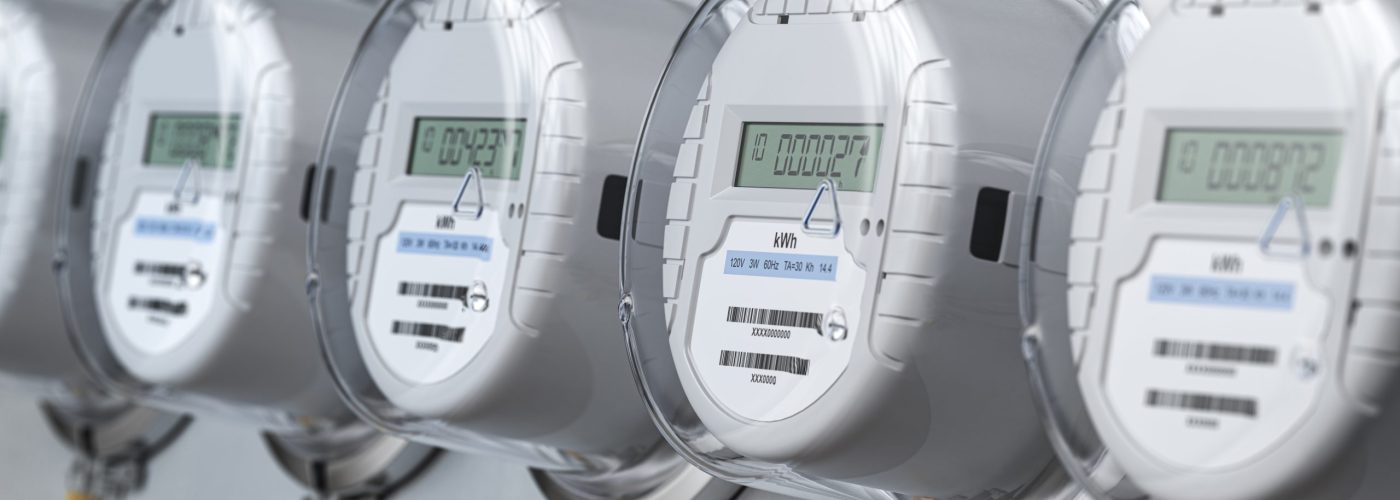With the advent of digital electricity meters, consumption patterns became easier to monitor. The continuous development and progress of the digital world today make it easier, more convenient, and more precise for consumers and utility companies to use these smarter devices. Learn how digital electricity meters are changing energy use, the benefits they offer, and the features that set them apart.
Understanding Digital Meters
Digital meters, often referred to as smart meters, are electronic devices that measure electricity consumption in real time. Unlike traditional analogue meters, a digital electricity meter offers precise readings, reducing the likelihood of human error. These modern tools communicate data directly to utility companies, eliminating the need for manual meter readings. This seamless data transfer not only saves time but also enhances billing accuracy.
Real-Time Data and Monitoring
Perhaps the greatest benefit of digital electricity meters is that they provide real-time energy consumption data. Detailed consumption patterns are available to consumers, who can use this information to make educated decisions about their energy behaviours. With real-time monitoring, people can find trends in the highest usage times of the day so they can see which appliances they may need to use less and save money on their energy bills.
Digital meters provide businesses with new insights into operational efficiency. Using data analysis, companies can determine where there is still potential for improvement, enhance processes, and develop concepts to save energy.
Enhanced Energy Management
Digital meters enable enhanced energy management, and they have features that were not previously available. Users can receive usage alerts and notifications for abnormal consumption or also enable remote control of appliances on remote networks. Consequently, these capabilities advocate for energy saving and sensible use of energy.
Digital meters also provide data for utility companies. The numerous usage statistics at their disposal give the providers the ability to better manage demand, thus avoiding overloading and providing a steady supply of electricity. In addition, the data drives necessary improvements in infrastructure and energy needs that may develop.
Environmental Impact
We must not underestimate the environmental advantages of digital electricity meters. Digital meters help save energy by providing efficient energy use, thus helping reduce the carbon footprint. Detailed usage information enables consumers to adopt pro-environment behaviours like using energy at non-peak hours, buying energy-efficient appliances, etc.
With that information, utility companies can more effectively integrate renewable energy sources into the grid. The availability of data in real-time allows for seamless switching between conventional energy and green energy sources, making the sustainability process easier and more effective.
Challenges and Considerations
The digital electricity meters offer many benefits, but they also pose challenges. Such machines, which can aggregate high-resolution consumption data, may raise privacy issues. Utility companies continue to focus on keeping your data safe and respecting your privacy as a consumer. This has resulted in challenges that require regulatory frameworks to adapt and provide safeguards against (possibly) illegal access to private information.
To begin with, it can be quite expensive to install digital meter systems. While the initial cost can be significant, the investment pays off in savings and benefits in the long run. Ensure the budgets can afford the digital meters, as technology improves with time and the costs lessen, which will be a possibility for many segments of society.
Future Prospects
Digital electricity meters have an interesting future ahead of them. As the technology progresses, these devices might be connected with other smart home technology, creating a more synchronised and energy-efficient atmosphere. Data analysis and processing could become even smoother with the implementation of artificial intelligence and machine learning. It can provide consumers with even more tailored suggestions on how best to optimise their energy consumption.
Digital meters will also give utility companies the leverage to provide dynamic pricing models, prompting consumers to use energy during non-peak times. Such initiatives could bring more balanced energy consumption and relieve the grid strain during peak hours.
Conclusion
Digital electricity meters are undoubtedly revolutionising the way energy is consumed. Such devices provide numerous advantages, including live monitoring, better energy management, and an environmentally friendly setup. Challenges do exist, but the opportunity for transformational change is great. With rapid technological development, digital meters are playing a pivotal part in transforming the structure of an efficient and sustainable energy future. Adopting these new innovations will certainly help everyone become smarter and more responsible with our energy usage.





